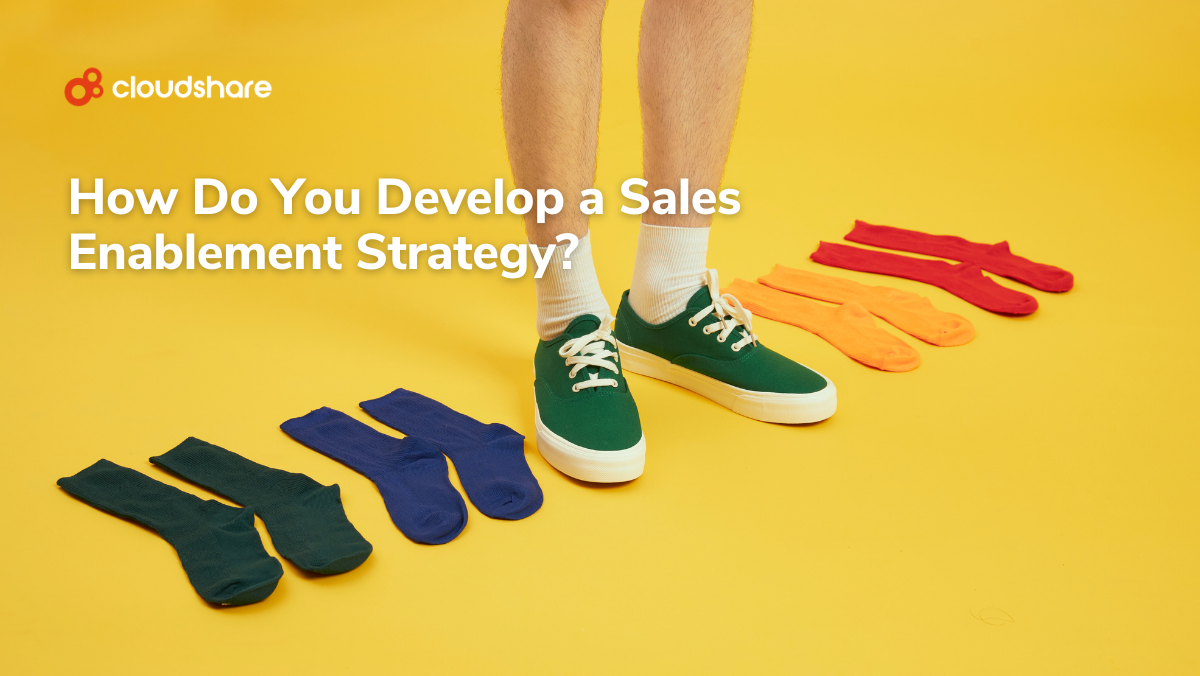
Enterprise software sales are not for the timid, lazy or impatient: Sales cycles are long, the process is expensive, the customers demanding, and after all that, it involves a painfully high risk of failure.
In short, sales reps specializing in this sector must be truly resilient – “built” to stomach the challenge. What’s particularly frustrating – as young, optimistic sales newbies quickly discover – is that there’s little you can do about the key three factors that make enterprise software sales processes such an uphill battle:
- The stakes are high … for the customer. Unlike a freemium B2C music app or even a 10-license SMB marketing automation tool, enterprise software weaves itself deeply into an enormous entity. Departments and colleagues need to remain in sync, completely reliant on a smoothly operating suite of software products. Every CFO knows that the training and integration time required post-sales represents a significant additional line item beyond the base product license. The ROI and boosts to efficiency and convenience can be appealing, but not if they are balanced or surpassed by substantial risk factors. The in-house advocate puts his own reputation on the line.
- A long list of stakeholders. Whether you prefer a top-down sales process starting with senior management, or a grass-root approach where the team in the trenches pushes the request up the corporate tree, there are a lot of people to pitch to and impress, one after the other. Each has a unique set of priorities, personality, and experience. Failing to impress even one can trigger a ripple-down effect that slows or even ends the enterprise software sales cycle.
- Competition is fierce. Assuming there is an existing, well-known market for your product (if not, you can add that to the challenge!), your pitch is going to be assessed and directly compared with those of your competitors. This means your delivery has to be comprehensive, compelling, engaging, and air-tight; when the prospect lines up your checklist next to the next guy’s, you won’t be there in the room to correct misconceptions or fill in the gaps.
The Key to Success
So with everything stacked against them, what do top business software sales rock stars focus on to overcome these challenges? It’s not websites, brochures, PowerPoints, or demo videos. Yes, these are all essential tools, and must be developed, updated, and leveraged at the right time. But they are merely the “supporting actors.”
Instead, the key to success in enterprise software sales is the long-term, engaging, personal relationship.
It’s all about customer psychology
A prospect looks at a purchasing decision through two lenses – the empirical and the emotional.
Providing that list of sales materials listed above is a baseline requirement – the initial kindling for the fire. Even before an initial meeting, sending over effective collateral establishes that, yes, this product is in the zone: It’s “the type of thing we need.”
However, for the large enterprise, even the most impressive feature set checklist is just the beginning. In fact, a standard brochure can rub a prospect the wrong way as it implies that “you’re just like all the others who need this same list.”
Understanding what’s unique about the client, not what’s universal
To be sure the product is a perfect fit, due diligence comes not only from the customers, but from the salesperson. Sales pros are experts in the deep dive, discussing needs, expectations, problems with the status quo, good/bad previous experiences, and anything else that gives them insight into how to match the product to the need. There’s nothing wrong with saying that (often costly) customization with a professional services team is required to achieve the perfect fit – it’s rare that this isn’t the case. But the customer needs to feel heard, understood, and responded to in the follow-up conversation.
Hands-on demos can go a long way
One of the most effective methods to achieve this engaging, close relationship, is through interactive, hands-on online demos.
All software sales training involves a demo of some kind. No one is going to buy a product without seeing it in action. But a software sales engineer’s pre-packaged, one-way screenshare demo is a passive experience for the viewer; it doesn’t provide a first-hand confirmation of the perfect fit as they use the product. Prerecorded video capture is even less engaging, no matter how thorough.
Using an online virtual demo environment to host and share a copy of your product allows the prospect not only to see it in action, but to grab the mouse and keyboard and try it from themselves.
Cloud software sales can be completely browser-based, so there’s nothing to install. You can prepare a catalog of pre-configured, clean copies with customized data or settings, to spin up and use as needed. And the ultimate indicator of confidence? Leave the environment behind for the prospect to work on at their own pace and schedule. With reports and statistics indicating what the user actually did, you can follow up once they are done, commenting on what they’ve seen, tried, or skipped.
Enterprise sales have no shortcuts and no quick wins. It’s hard, exhausting work, and only a fanatically dedicated “people person” will truly succeed. The more customized the pitch, the more specific the demo process, the more they can truly engage the prospect to rack up the wins.


